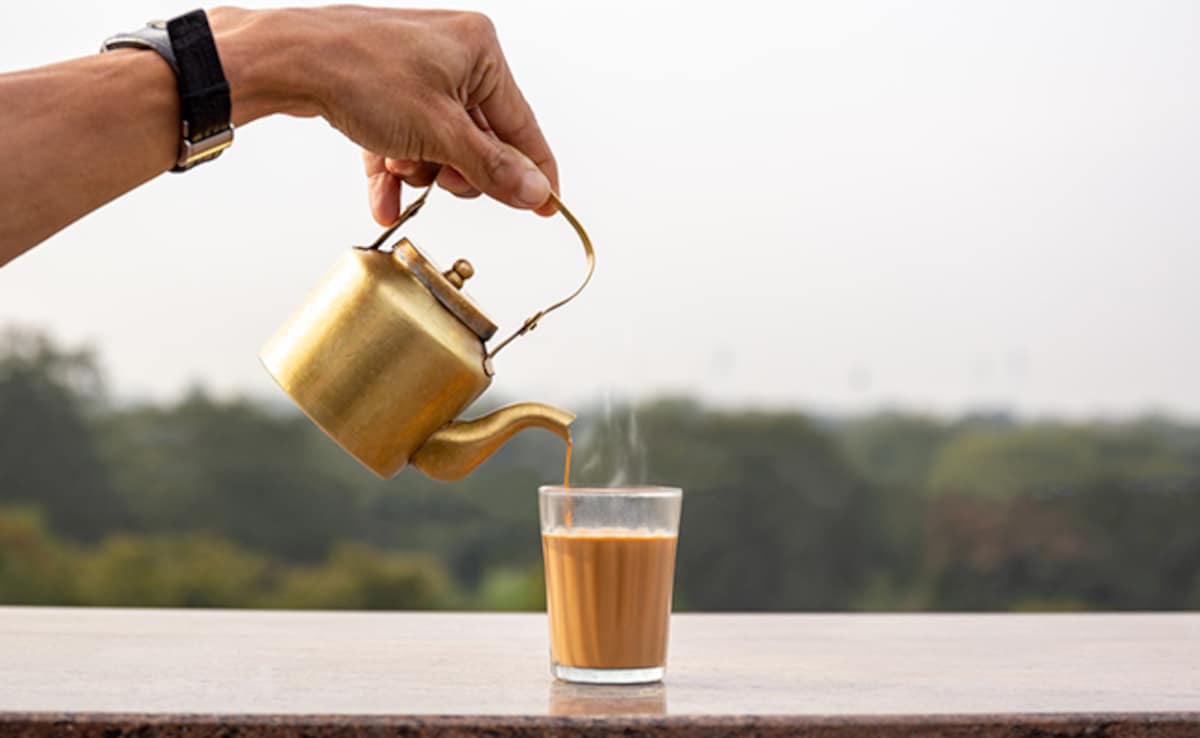Morning Milk Tea May Be a Recipe for Disaster: 10 Reasons to Rethink Your Daily Ritual

A recent study highlights the potential risks of consuming milk tea first thing in the morning, warning against the practice due to its detrimental impact on digestion, nutrient absorption, and overall well-being.
According to experts, individuals who start their day with traditional milk tea may be putting themselves at risk for various health problems. From disrupting digestive function and impairing iron absorption to triggering acidity and cortisol levels, the negative effects of morning milk tea consumption cannot be ignored.
A local publication obtained exclusive information on a list of concerns associated with drinking milk tea in the morning. Here are 10 compelling reasons why giving up this morning ritual may be the best decision for your health:
The digestive system has its own rhythm, and consuming milk tea can cause disruption due to caffeine and lactose. This irritates the digestive lining and leads to acidity or bloating in some people.
Iron intake is crucial for maintaining healthy red blood cells. However, excessive consumption of tannins from tea can bind to dietary iron, hindering absorption and potentially leading to iron deficiency over time.
The morning after a poor night's sleep often exacerbates sensitivity to coffee, making the effects more pronounced. Milk tea consumed on an empty stomach may amplify this response and leave you with unpleasant symptoms like nausea.
Excessive consumption of milk tea can trigger acid reflux or heartburn due to increased stomach acidity levels caused by caffeine and tannins.
High levels of cortisol in the morning can contribute to anxiety, jitteriness, and hormonal imbalances.
Research suggests that regular daily intake of tea may lead to a higher risk of experiencing headaches or fatigue if they occur.
A diet high in sugar contributes significantly to developing various health issues. Milk tea has more than enough added sugars to cause concerns over time.
Natural detoxification processes take place during the early morning hours, helping our bodies remove waste products from heavy meals from overnight sleep. However, drinking milk tea can burden these systems with the processing demands of sugar and caffeine, potentially causing stress on the liver.
Despite any possible taste enjoyment that milk tea provides, excessive calorie content may lead to weight gain in people consuming high-fat milk over their recommended intake per day.
Some studies show a diuretic effect due to fluid loss when drinking certain beverages like tea. Therefore, morning milk tea consumption with inadequate water supplementation risks minor dehydration and reduced energy levels by the end of the day.
Health experts are urging individuals to rethink their daily routine and opt for healthier alternatives in the morning instead. Choose from green teas or herbal drinks for an energizing pick-me-up that promotes healthy digestion and well-being.
